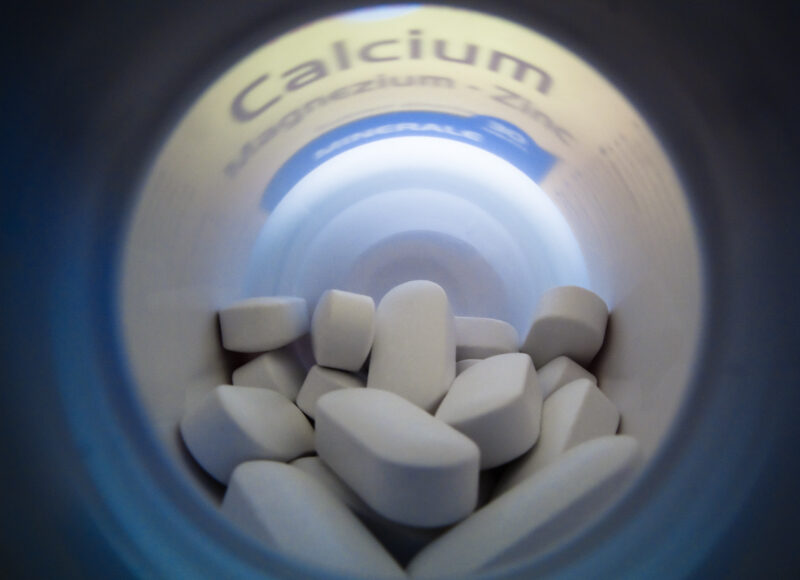The modern world is awash in plants. Plants define and outline our landscape. Plants regenerate the air and shade our driveways. They both fuel our fires and feed our hunger. Plant–based products are major contributors to our food, medicine, fibers, construction materials, and cosmetics.
Perhaps our familiarity with plants is the major driving force behind the continued use of herbal remedies for medical complaints. Is the association with archaic healing practices enough to prop up the popular connotations that herbal supplements are safer and have fewer side effects than pharmaceutical drugs? On the contrary, modern scientific investigation of traditional healing plants shows that the effects of these herbal preparations are due to the drug–like compounds that they contain.Homepage can help you to know more.
Natural products such as gingko biloba, St. John’s wort, valerian root, turmeric, and ashwagandha all have significant biological effects because of these drug–like molecules. And unfortunately, significant biological effects also come with significant biological side effects, unlike the popular perception of these all–natural plants.
The “safe, all–natural” point of view is actively promoted by the dietary supplement industry, which successfully lobbied in 1994 to exclude natural products from FDA oversight. Led by Senator Orrin Hatch (R–Utah), the fight to deregulate the supplement industry has largely succeeded aside from the concession of a small warning label on supplement packaging.
Instead of making specific medical claims, manufacturers have used sciencey–sounding “body–function” claims like “aids heart health,” “boosts immune function,” or “increases digestive absorption.” While these terms are generally meaningless and their claims unfounded, consumers still use natural products for their drug–like effects. Sadly, supplement manufacturers have no legal responsibility to demonstrate safety or efficacy before bringing their products to the market, unlike pharmaceutical manufacturers.
Of course, some number of herbal remedies have the potential to be safer and more effective than pharmaceutical drugs. In practice, however, this is often hampered by poor manufacturing standards and a lack of research into safety and efficacy.
A newstudy performed by Canadian researchers has found that commercial herbal supplements often contain contaminating and substitution plants. 59 percent of these samples contained plants not listed on the label. 32 percent of samples contained unlisted plants and lacked the primary ingredient. Plant substitution (e.g., alfalfa instead of gingko biloba) occurred in 68 percent of samples. Only two out of twelve companies had clean products like capsicum extract with identifiable ingredients and no substitutions or fillers.
A similar study performed by the Government Accountability Office (GAO) in 2010 analyzed 40 common herbal supplement products. Contrary to their reputation as safe and natural, over 80% of the tested supplements contained heavy metal contaminants and nearly 50% contained pesticides. The same investigation by the GAO also discovered rampant deceptive marketing and sales techniques including illegal medical claims and harmful medical advice about drug interactions.
Because these herbs contain drug-like compounds and produce drug-like outcomes, they may have serious negative interactions with prescription medications. The dangers, however, of combining herbal products with prescription medication are often underestimated by consumers. Dr. Allison Cormier, Medical Resident at LSU Health in Shreveport, agrees that these dangers are enhanced by patients who do not report their supplement use to their primary care physicians. She warns that common herbal supplements like ginger and ginseng may enhance bleeding when combined with aspirin or warfarin and that St. John’s Wort can increase the metabolism of many prescription drugs.
Although many herbal remedies may be safe to use, consumers should discuss their supplement choices with their physicians and be aware of the production and marketing practices of the supplement industry. Plant–based remedies may seem appealing for their simple and safe appearance, however, their drug-like effects can have serious consequences when used without care.
– See more at: http://heliopolissbc.com/Article/all-natural-lies-look-real-benefits-herbal-supplements#sthash.nLFkaDz3.dpuf

